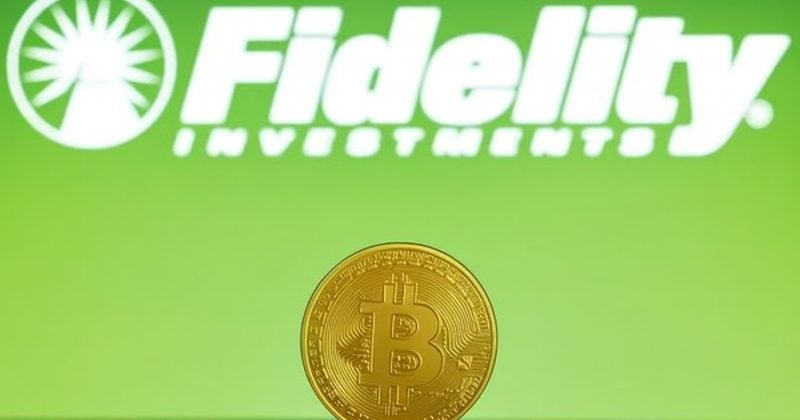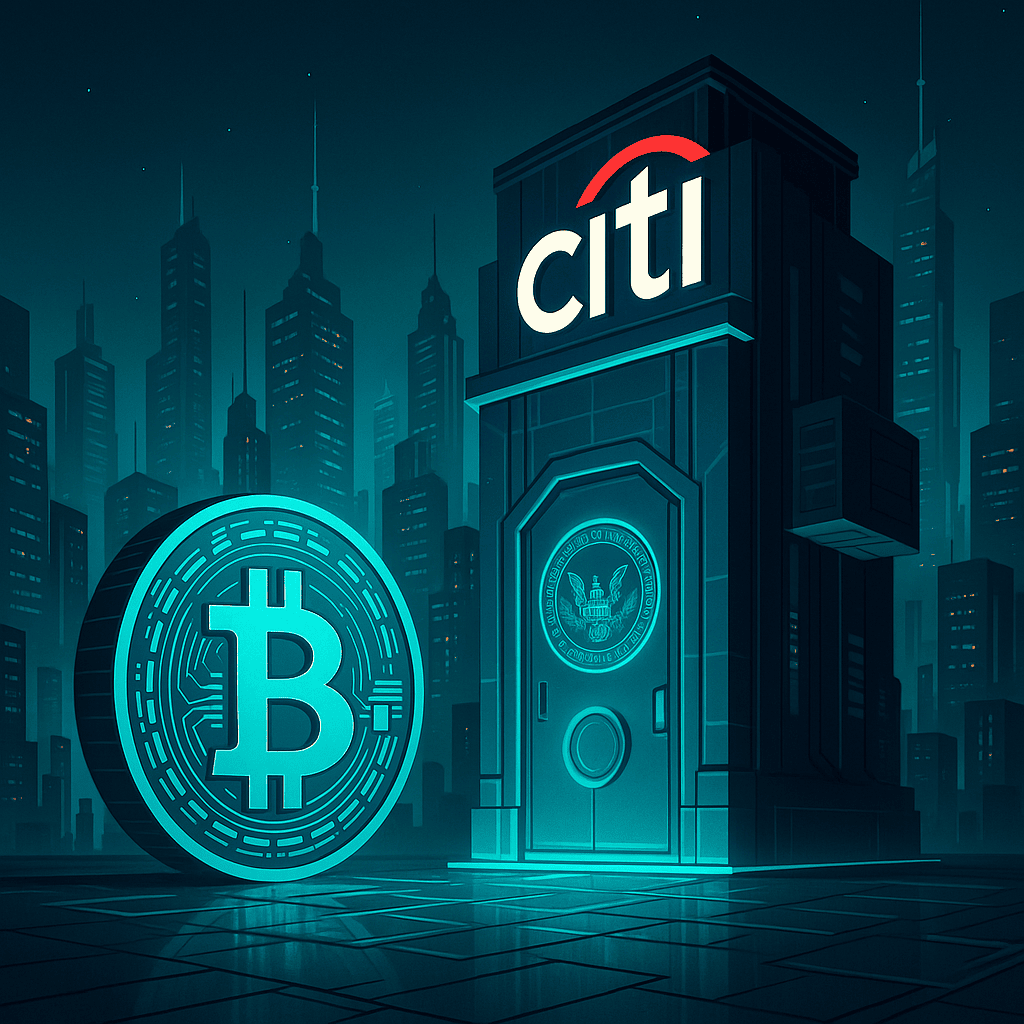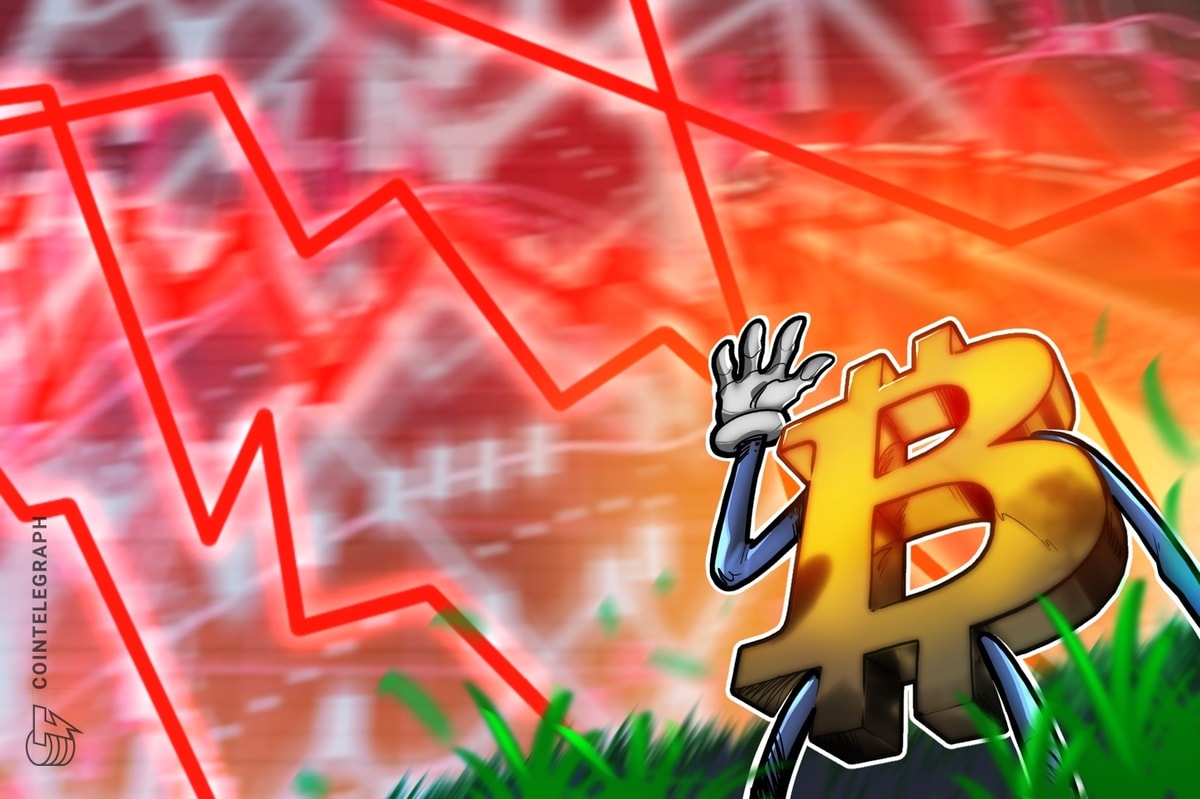 South Korean FSC head nominee faces backlash after denouncing crypto Assad Jafri · 55 seconds ago · 2 min read
South Korean FSC head nominee faces backlash after denouncing crypto Assad Jafri · 55 seconds ago · 2 min read
South Korea's Financial Services Commission nominee faces criticism for underestimating crypto's evolving market role.

Cover art/illustration via CryptoSlate. Image includes combined content which may include AI-generated content.
Lee Eok-won, the nominee to head South Korea’s Financial Services Commission, drew heavy criticism this week after dismissing crypto as lacking any real value in his written testimony ahead of confirmation hearings, local media reported on Sept. 1.
Lee said digital assets do not possess intrinsic worth in the same way as equities or bank deposits, and argued that their price swings undermine their ability to act as money. He further stated that the extreme volatility experienced by digital assets makes them unsuitable as a store of value or as a medium of exchange.
Lee’s position is consistent with the government’s view that digital assets are neither legal tender nor financial products under the financial regulatory regime.
The FSC chair nominee warned against allowing retirement and pension funds to invest in the sector but expressed openness to regulating stablecoins, noting that they could be managed with safeguards while leaving room for innovation.
Industry pushback
The country’s blockchain sector rejected the remarks, with many in the industry arguing that the statement ignores the revenue and adoption being generated across the industry.
Since 2022, crypto adoption in South Korea has surged from about 9.7 million investors to more than 16 million by early 2025, representing over 30% of the population and growing more than 60% in just over two years.
Trading activity on local exchanges has at times exceeded stock market volumes, and total holdings have climbed above 102 trillion KRW ($70 billion), highlighting how digital assets have rapidly become a mainstream investment choice for South Koreans.
An analyst at Xangle, a local data firm, accused Lee of relying on outdated arguments once common among traditional finance leaders.
He pointed to recent token buybacks and revenue streams from platforms like Hyperliquid, Tron, and Ethena as evidence of value creation comparable to corporate stock buybacks.
Policy caution vs. retail demand
South Korean regulators have reinforced restrictions in recent months as retail interest continues to climb in the country.
The Financial Supervisory Service advised domestic asset managers to scale back holdings in crypto-related stocks, while the FSC ordered exchanges to stop providing lending services backed by digital assets or fiat deposits.
Despite the tighter stance, retail enthusiasm for crypto continues to climb. Investors sold off hundreds of millions of dollars’ worth of Tesla stock in August, the largest disposal since early last year, while directing funds into crypto proxies like BitMINE, which recently became the biggest Ethereum holder.
Data also showed a steep decline in South Korean purchases of major U.S. tech shares compared with earlier this year.
The contrasting positions between regulators and investors leave open questions about how President Lee Jae-myung’s administration will balance caution with the public’s growing appetite for digital assets.




















 English (US) ·
English (US) ·